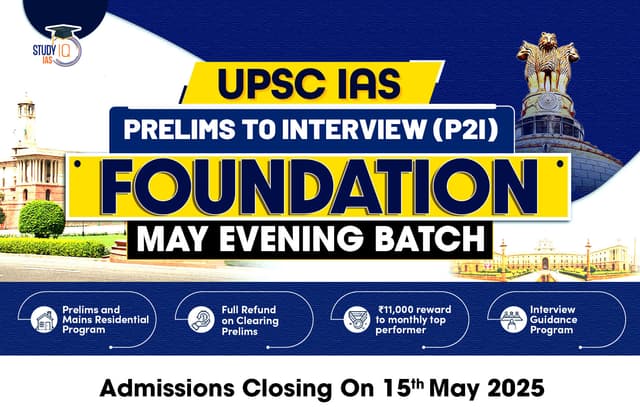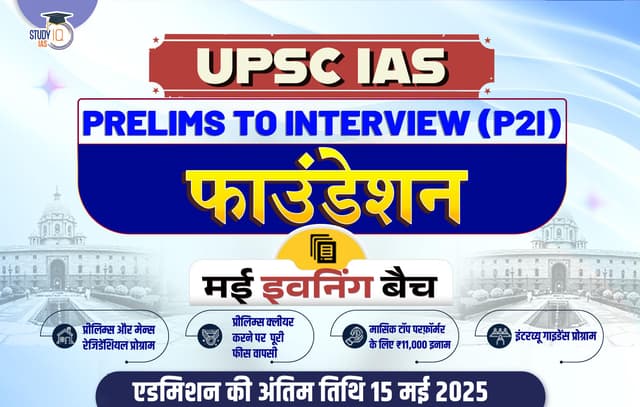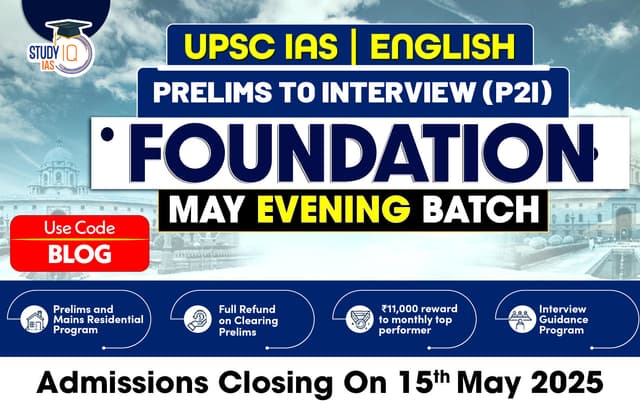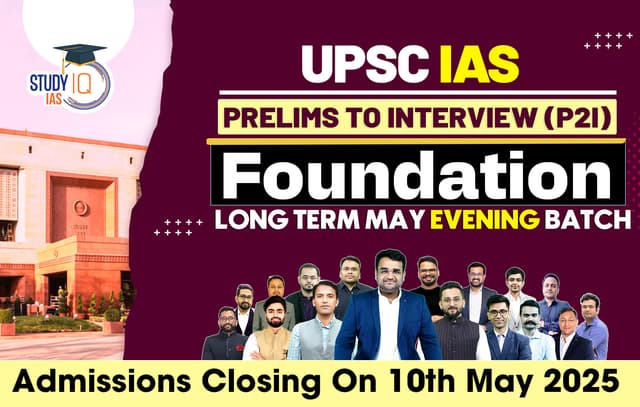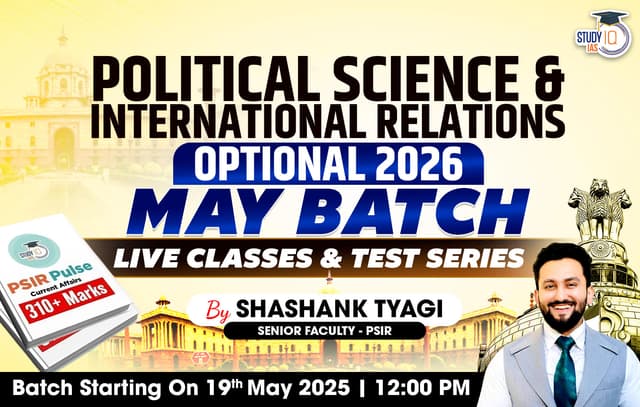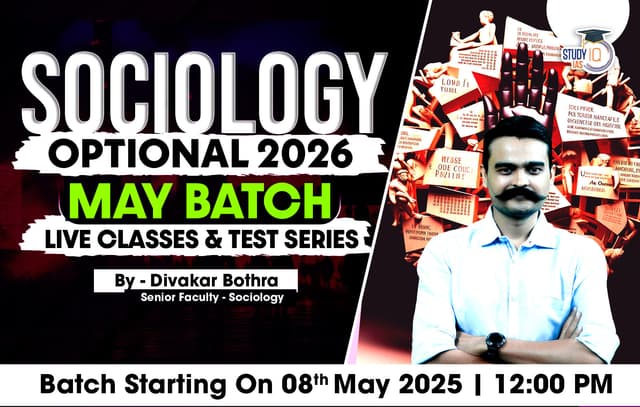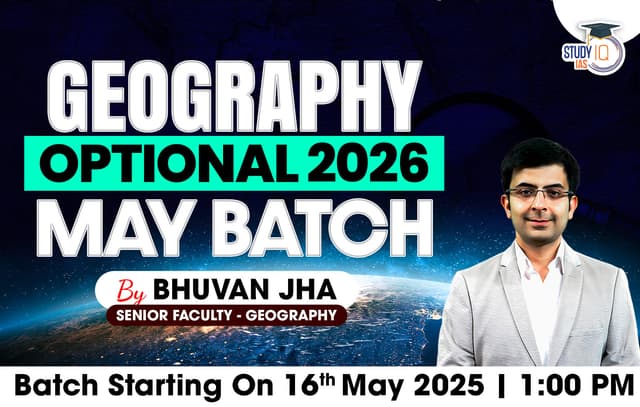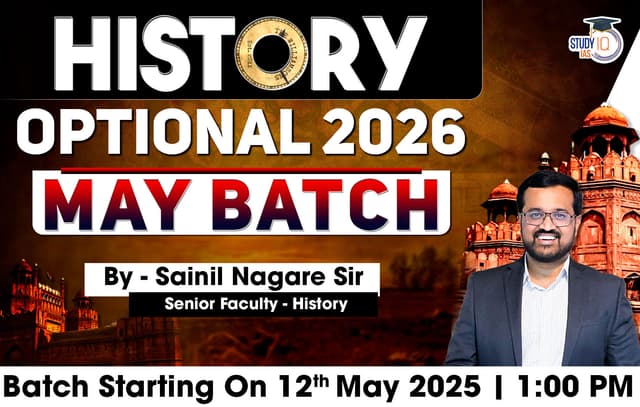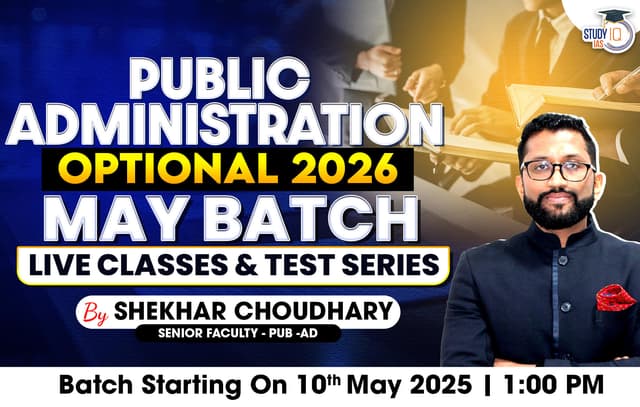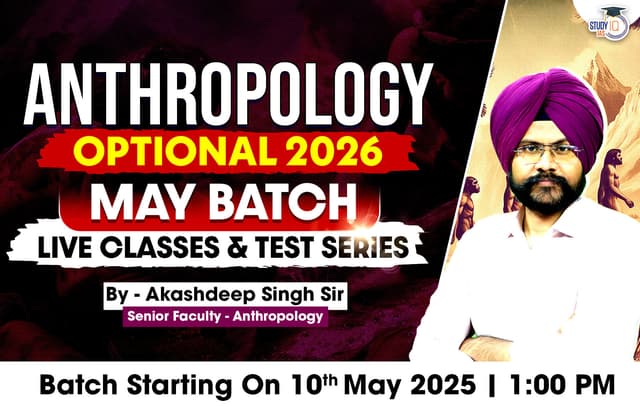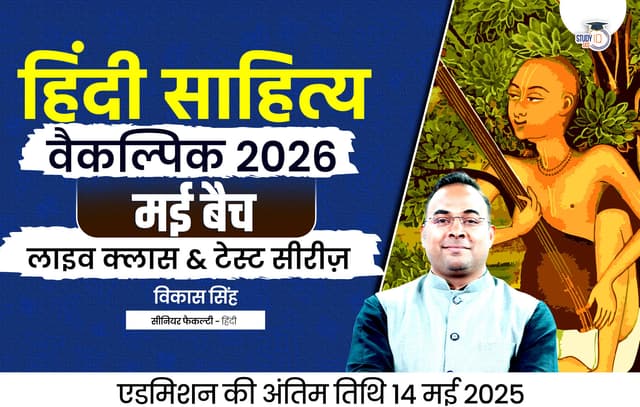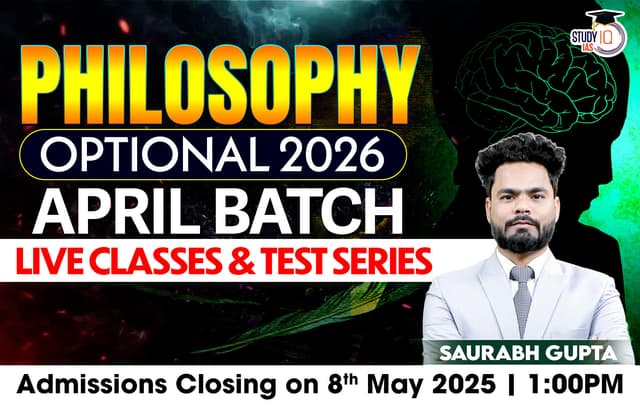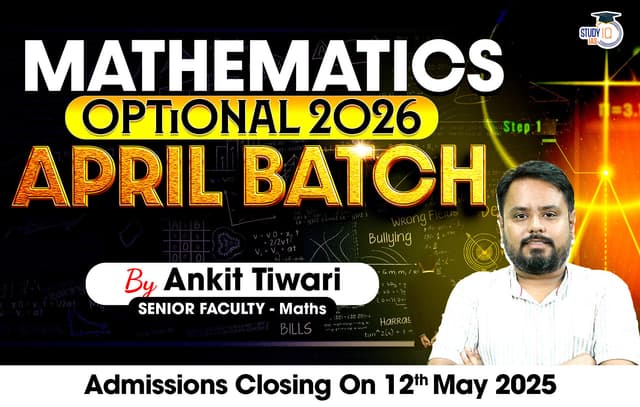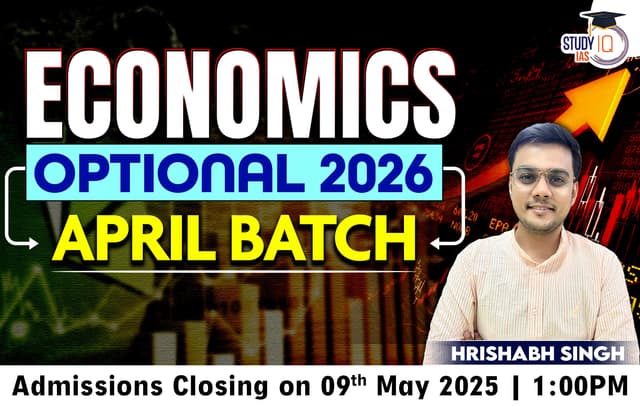Table of Contents
The H-1B visa program continues to be a focal point in discussions about immigration and skilled labor in the United States. In a recent press conference at the White House, former US President Donald Trump expressed his support for the program, emphasizing the need to attract competent professionals at all levels. His remarks offer a nuanced perspective on how the H-1B visa contributes to both economic growth and workforce development.
Trump’s Balanced View on H-1B Visas
Trump emphasized the value of bringing competent professionals into the United States, not just in engineering but across all levels of expertise. Here’s a quick breakdown of the key points:
Key Highlights:
- Balanced Stance on H-1B Visas:
- Trump acknowledged both sides of the debate—those advocating for the program to attract global talent and those concerned about its impact on American workers.
- He highlighted the importance of training and supporting domestic workers while bringing skilled professionals into the country.
- Focus Beyond Engineers:
- Trump underscored that the H-1B program should not be limited to engineers but should include other skilled roles like maître d’, wine experts, and high-quality waiters, emphasizing competence at all levels.
- Support from Business Leaders:
- The conference featured influential figures like Oracle CTO Larry Ellison, Softbank CEO Masayoshi Son, and OpenAI CEO Sam Altman, who reinforced the demand for skilled talent in technology and other sectors.
- Technology Sector’s Needs:
- Trump emphasized the critical demand for engineers and other skilled professionals in the tech industry, aligning with business leaders’ requirements.
- Immigration Quality and Economic Growth:
- He concluded by stressing the importance of maintaining high standards in immigration policies to foster business growth while addressing the needs of various sectors.
About H1B visa
- It is a Visa in the United States that allows the US employers to employ high skilled foreign workers in specialised occupations.
- It was established in 1990 to help employers address skill shortages that the domestic workforce cannot fill.
Specialised Occupation
It refers to a job that requires a specific set of specialised skills and educational qualifications.
- Educational Requirement: At least a Bachelor’s degree or higher in a specific field of study.
- Specialised Knowledge: Expertise in a particular field like- IT specialists, engineers, scientists, healthcare professionals etc.
Eligibility and Limits
- Valid for up to 6 years (initially issued for 3 years and renewable for another three).
- Workers must either leave the US after 6 years or apply for permanent residence (Green Card).
- Annual cap: 65,000 visas under the regular cap. An additional 20,000 visas for individuals with advanced degrees from US universities.
Beneficiaries by Country
- Indians dominate the H-1B program, accounting for over 70% of all approvals annually since 2015.
- Chinese nationals come 2nd, representing 12-13% of approvals since 2018.
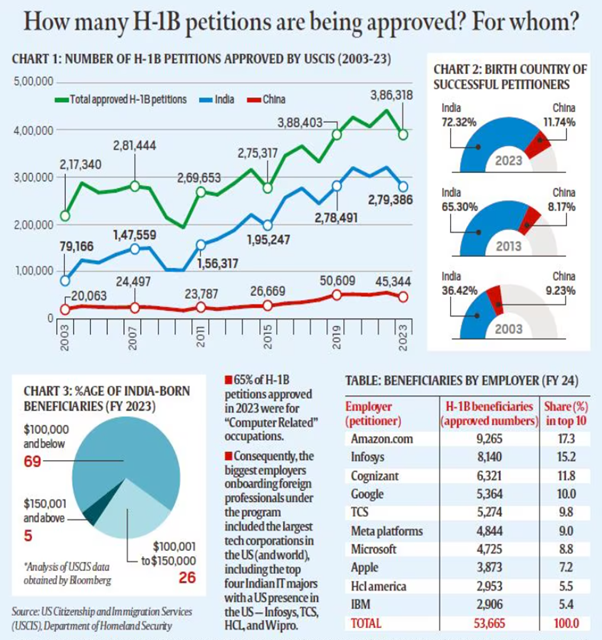
Indians and H1B Visa
- High Proportion of Recipients: Indian nationals constitute a significant portion of H-1B visa recipients each year. In recent years, they have accounted for over 70% of the total H-1B visas issued.
- Reasons for High Demand: Several factors contribute to the high demand for H-1B visas among Indian nationals:
- Strong Education System: India has a robust education system with a large pool of highly skilled graduates in fields like science, technology, engineering, and mathematics (STEM).
- Economic Opportunities: The U.S. offers attractive career prospects and higher salaries compared to many other countries, making it a desirable destination for Indian professionals.
- IT Industry Dominance: The U.S. tech industry has a significant presence of Indian-origin professionals, further driving the demand for H-1B visas.

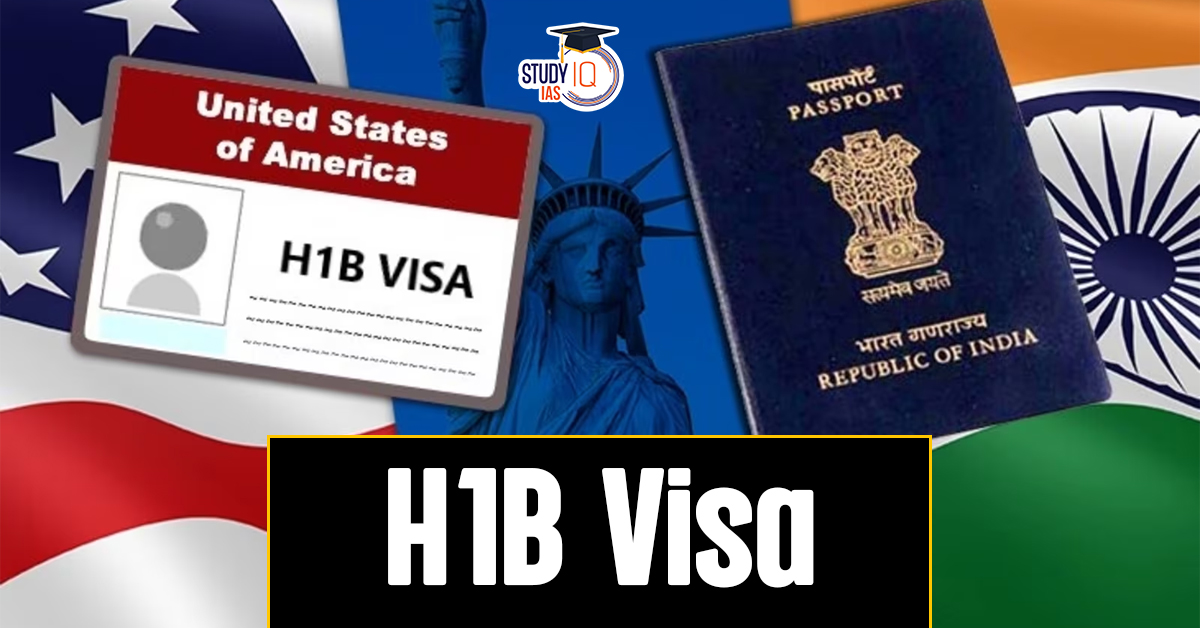
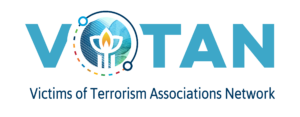 VoTAN: Victims of Terrorism Advocacy Net...
VoTAN: Victims of Terrorism Advocacy Net...
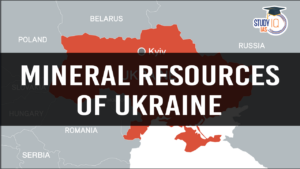 US-Ukraine Mineral Deal and Mineral Reso...
US-Ukraine Mineral Deal and Mineral Reso...
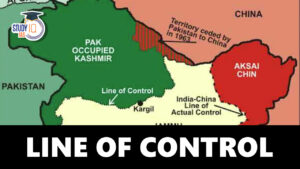 Line of Control (LoC), Background, How L...
Line of Control (LoC), Background, How L...

